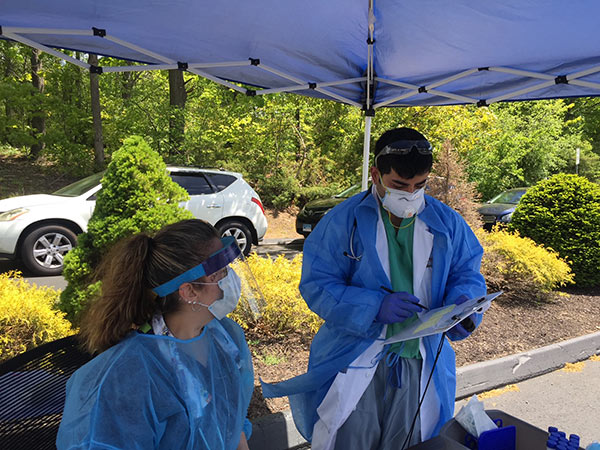699 Cottage Grove Rd
Bloomfield, CT 06002
Pay My Bill
Pay your bill upon successful registration with My Care. Once registered, you can pay your bill via MyCare or by calling: 860-242-7474.
Billing Hours:
M-F 9:30am-3:30pm
Billing Hours:
M-F 9:30am-3:30pm
With MyCare you can review your medications, immunizations, allergies, and medical history. You can review health education topics and after visit instructions provided by your physician. And finally, with MyCare you can even view your bill and make secure online payments

Please follow the instructions below to securely access your online medical record.
If you have an activation code, skip to step 1
If you have an activation code, skip to step 1
If you do not have an activation code
Sign Up Online1. Complete the "Request an Activation Code" form
2. Once you have an activation code, complete the "Please Identify Yourself" section
Enter your activation code
Enter your date of birth
3. Create a MyCare username
4. Create a MyCare password.
You can change your password at any time.
Your password cannot be the same as your username
Your passsword must be 8 characters long, containing both letters and numbers
5. Choose a security question from the drop-down list, enter an answer and click NEXT
6. Select your communication preference
Click "Sign In"


